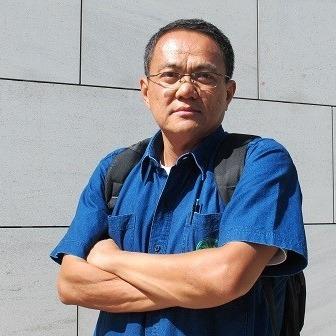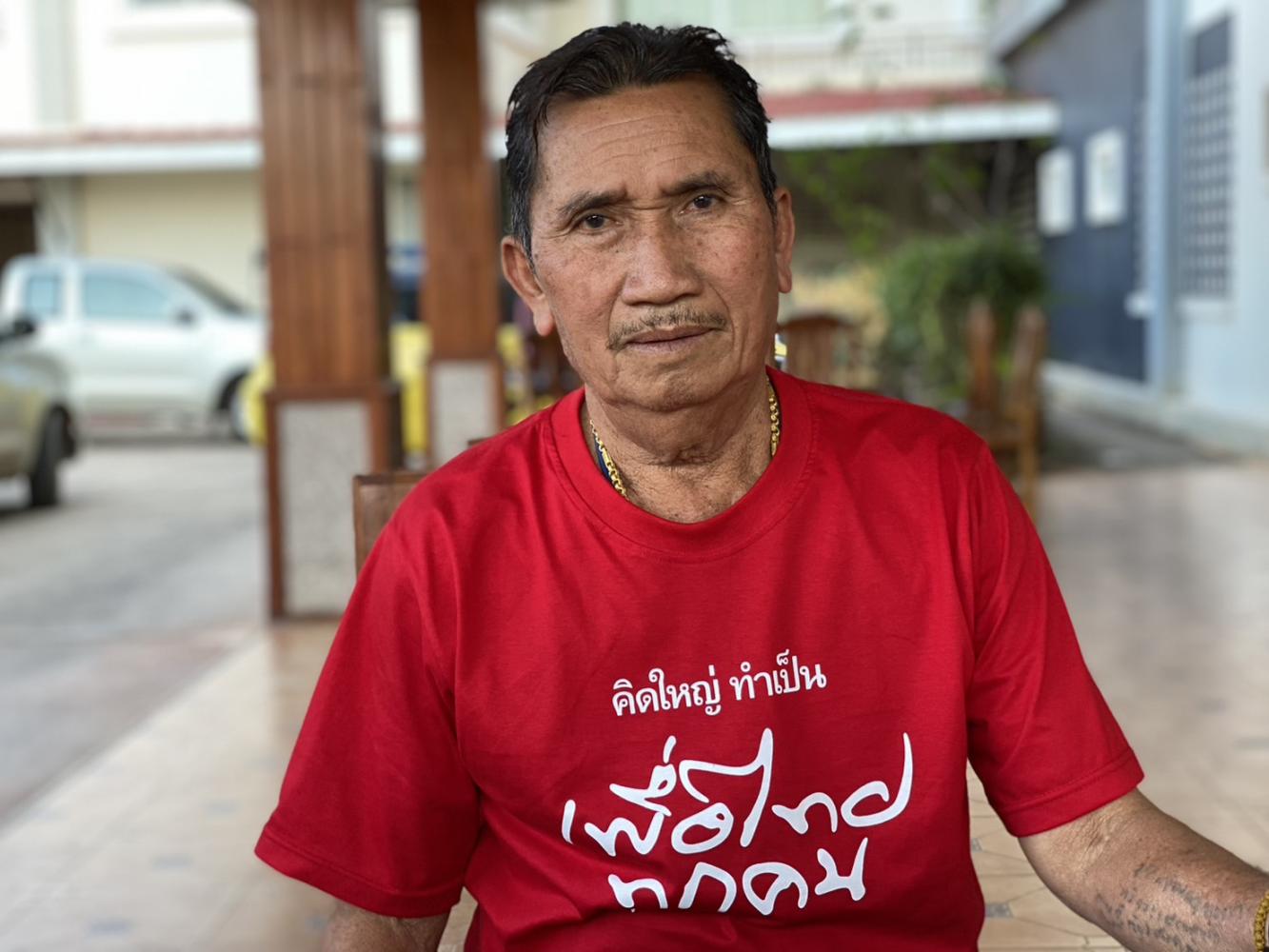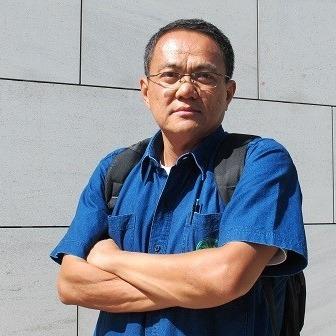
Pheu Thai is looking to end the rule of Prime Minister Prayut Chan-o-cha, who has expressed hopes to carry on in office for a maximum of two years, by scoring a landslide win in the next general election.
The main opposition party is known to be aligned with the red-shirt United Front for Democracy against Dictatorship (UDD) which formed part of the party’s electoral support and proved to be a well-organised and powerful ally outside parliament for years.
Former red-shirt stalwart Nattawut Saikuar rejoined the party last year and was named director of the Pheu Thai Family project which aims to expand membership from 8 million to 14 million and realise the party’s election win.
However, the red-clad supporters have become less politically active with a portion of core figures switching their political allegiance.
Seksakol “Rambo Isan” Atthawong broke away to back the pro-military Palang Pracharath Party (PPRP) in the 2019 polls and recently joined Gen Prayut at the United Thai Nation Party (UTN).
Jatuporn Prompan, another key red-shirt figure, has turned against Pheu Thai and ousted prime minister Thaksin Shinawatra who is widely seen as the party’s de-facto leader.
There is a theory floating about that the political activist is on a hired mission to sabotage Pheu Thai election campaign. It is assumed that as a former chairman who stood at the forefront of the UDD rallies, Mr Jatuporn’s words carry considerable weight and can potentially sway red-shirt supporters away from Pheu Thai.
The Bangkok Post has asked people close to the red shirts to share their views on the group and most importantly whether it remains a formidable force which Pheu Thai can count on to secure a landslide victory and return to Government House.
Democracy movement
Red shirts sprang onto the scene after the 2006 coup that ousted Thaksin Shinawatra from power and claimed to fight for democracy, injustice and inequality. Many were known to support Thaksin in part due to his government’s populist policies.
When speaking about red-shirt supporters, many people usually think of the UDD which was a well-organised and powerful group whose protests attracted tens of thousands of people and lasted for weeks.
The UDD was visible and vocal during 2009-2010 political demonstrations against the Democrat-led administration, but it has been dormant now for years.
While UDD has become less politically active and many of its leaders have drifted off, red-shirts are united in their ideology, said Pheu Thai deputy leader Sutin Klungsang. “Although the organisation or leaders are no longer there, the idea behind the red-shirt movement remains intact,” he said.
Red shirts were brought together by their support for democracy and currently it can be said there are three groups of them — radical, moderate and go-with-the-flow, said Mr Sutin, an MP for Maha Sarakham and former leader of a red-shirt chapter in the Northeast.
Some of the first group, which accounts for 30% of red shirts, may have now aligned themselves with the Move Forward Party (MFP) while the moderate ones making up for 50% stick with the party. The last group may have changed and ended up somewhere else.
He said the first two groups will never defect to the pro-military camp and mostly will back Pheu Thai whose stance on democracy and reforms is not as controversial as the MFP’s and suits the political context.
The Pheu Thai veteran is confident the party still has a chance of winning a landslide victory.
Coming from Mr Jatuporn, criticism of Thaksin may affect Pheu Thai but is unlikely to cause damage because the activist is no longer in his prime and faces a number of questions himself, said the Pheu Thai MP.
Pheu Thai has Mr Nattawut, whose involvement in the party can counter Mr Jatuporn’s words. Without Mr Nattawut, Mr Jatuporn’s assault could have made a big impact on the red shirts, at least symbolically, he said.
Mr Sutin said red shirts may regroup again if the situation is called for such as Pheu Thai being blocked from forming a government despite winning a large majority of votes, or the suppression of civil liberties.
Not Pheu Thai’s power base
Red shirts comprise two elements: ideology, and organised groups such as the UDD, according to Thanaporn Sriyakul, chairman of the Political Science Association of Kasetsart University.
Organised groups, however, no longer exist and red shirts who are scattered across the country are not tied to their groups. But red-shirt people still stand for democracy and civil liberties.
Of the red-shirt base, about 30% remain loyal to Pheu Thai and the rest have drifted to other parties in the same bloc such as the MFP and Thai Sang Thai Party led by Khunying Sudarat Keyuraphan who left Pheu Thai in late 2020, said Mr Thanaporn.

Thanaporn: They still stand for democracy
In the upcoming elections red shirts are not Pheu Thai’s main support base, he said. Many Pheu Thai MPs with close affiliations with red shirts have been turned away by the party and replaced by young politicians.
“It suggests that Pheu Thai has changed its priority when it comes to red shirts who are its ally in terms of ideology but not part of the political network the party has to tend to,” he said.
It is also believed that Pheu Thai’s financial support to red-shirt groups has run dry over the years, so it is an exaggeration to say the party retains 70%-80% support of the movement, he said, adding some progressive red-shirts have found their voices in the MFP.
He said it is wrong to assume Pheu Thai has control over red shirts when the party cannot fully meet their expectations, adding without financial support red shirts are unlikely to regroup the way they did about a decade ago.
However, he said there are other channels for use to mobilise people such as party branches. He also played down Mr Jatuporn’s Thaksin criticism, saying it concerns the pair’s past ties and Pheu Thai, which now has to compete with the MFP.
While Thaksin is a powerful figure, Pheu Thai has undergone some structural changes and the party has made the right move by keeping its focus on the landslide win and expanding its base to cover young voters, he said.
A powerful force
Thongsuk Saraphol, a 72-year-old red-shirt member based in Nong Khai, said there are several red-shirt groups but they are all committed to their solidarity and political ideology. He said local red-shirt leaders are still active and connected, adding they are scattered in all districts and it is believed red-shirt members make up half of Nong Khai province.
However, activities among red-shirts have been scaled down to avoid drawing attention and their recent emergence is thanks to the upcoming elections, he said. Most of the red-shirt people love and respect Thaksin as they benefited from populist policies and they have faith in the Pheu Thai Party, he added.
“They are with Pheu Thai because other parties lie. We get nothing. In those days, children got tablets and there was no drug problem. These days, speed is rampant in schools,” he said.

Thongsuk: Red shirt from Nong Khai
According to Mr Thongsuk, many red shirts are sceptical of Mr Jutaporn’s remarks about Thaksin and suspect the former red-shirt stalwart has obtained himself some kind of a deal to speak against the deposed prime minister.
He pointed to Mr Seksakol who was appointed an assistant minister attached to the Prime Minister’s Office after joining the PPRP. “We are the force to be reckoned with and can help Pheu Thai win not just in Nong Khai. Other parties approached me, but I refused. I’ve been with Pheu Thai for ages.”

